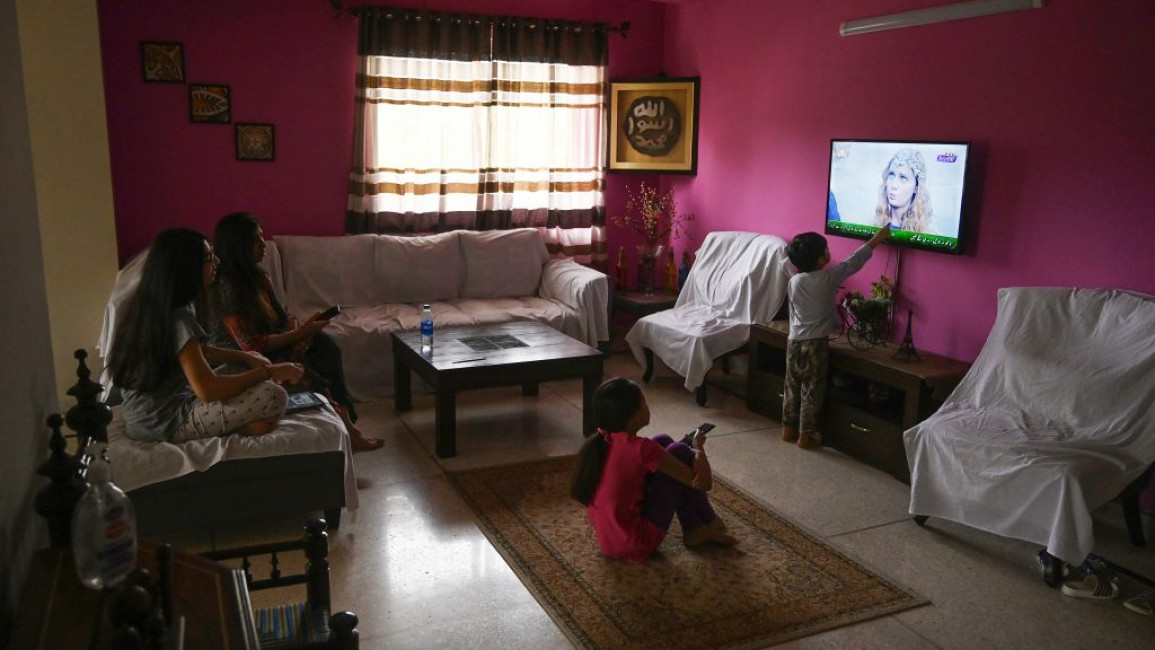Muslims 'missing' from TV with only 1 percent of characters on 200 shows in US, UK, Australia and New Zealand
Muslim characters are "missing" from the vast majority of popular western TV series, according to a report from US Think Tank USC Annenberg Inclusion Initiative published this week.
Out of 200 popular TV series in the US, UK, Australia and New New Zealand from 2018 and 2019, only one percent of the characters were Muslim, revealed a report titled "Erased or Extremists: The Stereotypical View of Muslims in Popular Episodic Series".
The study showed that 174 of the 200 series had no Muslim characters. Typically only one Muslim character appeared on-screen in the rare cases where there was some form of representation.
"Omitting this large, global community from storytelling communicates to viewers in the US, UK, Australia, and New Zealand - as well as those who view the entertainment exports from these countries - that Muslims do not exist or do not matter," read the report.
"In reality, Muslims are not only part of the international audience, but reside and consume entertainment in each of the countries whose programme was studied," they added.
The study of 200 shows found only 12 incidents where Muslims were "series regulars" despite Muslims making up 25 percent of the global population.
Muslims from the Middle East and North Africa were disproportionally represented compared with other regions, such as Asia or Europe.
Muslim women were grossly "underrepresented" and their appearance on-screen was often tied to narratives of fear and peril, the report said.
Only 1 LGBTQ Muslim character was present in the sample, which included shows such as Our Girl and Tom Clancy’s Jack Ryan.
There were no disabled Muslim characters.
"Not only is this radical erasure as insult, it has the potential to create real-world injury for audience, particularly Muslims who may be the victims of prejudice, discrimination and even violence," said Al-Baab Khan, the study's lead author.
The think tank concluded that the infrequency of Muslim portrayals resulted in the recycling of stereotypes; namely, that Muslims are the targets or perpetrators of violence and make little contribution to wider non-Muslim societies.
The USC Annenberg Inclusion Initiative said solutions involved greater participation of Muslim communities both on and off-screen. They argued that this would lead to more nuisance portrayals, such as those seen in US hit series Ramy or Ms. Marvel.



